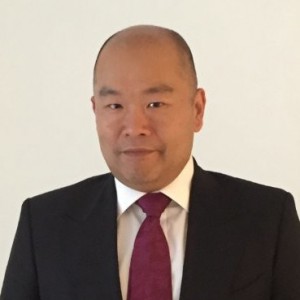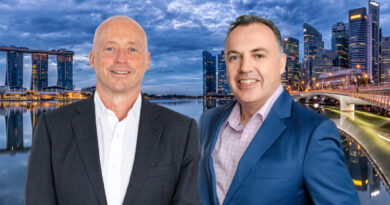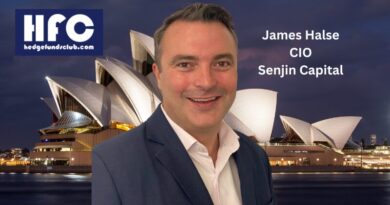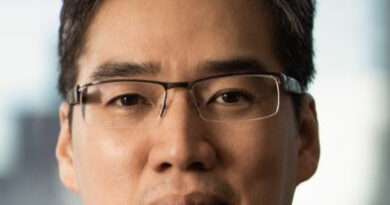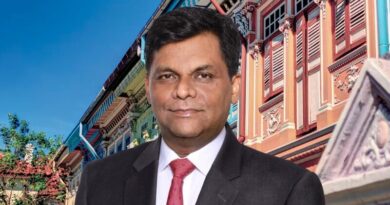Bryan Goh, CEO and CIO, Tsao Family Office
Bryan Goh, CEO and CIO of Tsao Family Office in Singapore, has had a long career in alternative investments and finance, including stints at Oaks Family Office, First Avenue Partners, DBS Bank, Bordier and Arab Bank. He also once founded and ran a fine watches retail business. HFC’s Stefan Nilsson had a chat with Bryan about Singapore’s family office industry, Hong Kong’s push to rival Singapore and his investment outlook.
Following recent growth, how do you think Singapore’s family office industry will evolve from here?
I am confident that the family office industry in Singapore will grow. Singapore has a good reputation, a strong regulatory framework, a deep network of service providers from banks to administrators, advisors and legal counsel, a growing number of representative offices of traditional and alternative investment managers, a stable government with pro-business policies and a growing pool of human resources relevant to family offices. Singapore’s main strength is the balance between these sometimes conflicting factors, for example between regulation and flexibility. Family offices will find in Singapore a safe environment and a place easy to do business in.
Is there still a local supply of suitably qualified staff and service providers for the fast-growing Singapore family office industry?
If there wasn’t before, there is now and it’s growing and getting more competitive. The ecosystem of service providers is crucial to the growth of any one area of financial services and this ecosystem has been widening and deepening in recent years. As for staff, the safety and comfort of Singapore both attracts global talent as well as retains local talent. A decade ago, the Singapore financial industry was very much Asian focused; today it is increasingly international. The knowledge transfer which was more one way before is now two way and flourishing.
Hong Kong is making a big push as a family office hub. Is there real competition between Singapore and Hong Kong, or do they address different types of family offices?
Singapore benefits from balance. Close but not too close to China, sufficiently neutral to attract western and eastern, northern and southern capital and expertise. Culturally, Singapore is also more diverse and attracts investors in Asia outside China’s sphere of influence. Hong Kong benefits from a massive hinterland although China has recently struggled to take full advantage while maintaining their desired level of control. Time will tell if they find a way to make better use of Hong Kong.
Has the global pandemic with all its expected and unexpected market impact changed anything for you when it comes to how you evaluate asset allocation in general and specific investment opportunities?
In the decade preceding the pandemic, the tectonic plates were already in motion. What the pandemic did was accelerate and exacerbate. We see a continuation of the Balkanisation of the world economically, socially and politically. We see the substitution of all-out efficiency towards increased resilience, generally across industrial, commercial and financial areas. This will have consequences for the rate and stability of economic growth and inflation. Inequality remains a problem globally and is a source of opportunity and risk. Reversing inequality can boost growth significantly, improve the welfare of a large swathe of the population but risks raising inflation and confounding environmental objectives. Ignoring inequality would be socially and morally irresponsible as well as a wasted growth and developmental opportunity. As with all things, balance is key. Asset allocation needs to consider longer-term time frames in order to match the horizons of the global themes unfolding. Traditional financial metrics need to be extended with environmental and social factors to complete information sets for decision making. ESG may be topical now but they have been important in the past and will continue to be relevant in future whether the moniker lasts or not. We find investment opportunities by seeking to provide solution capital to fill gaps and address deficiencies. We believe that sustainable returns result when the capital enables responsible investment, development and consumption.

